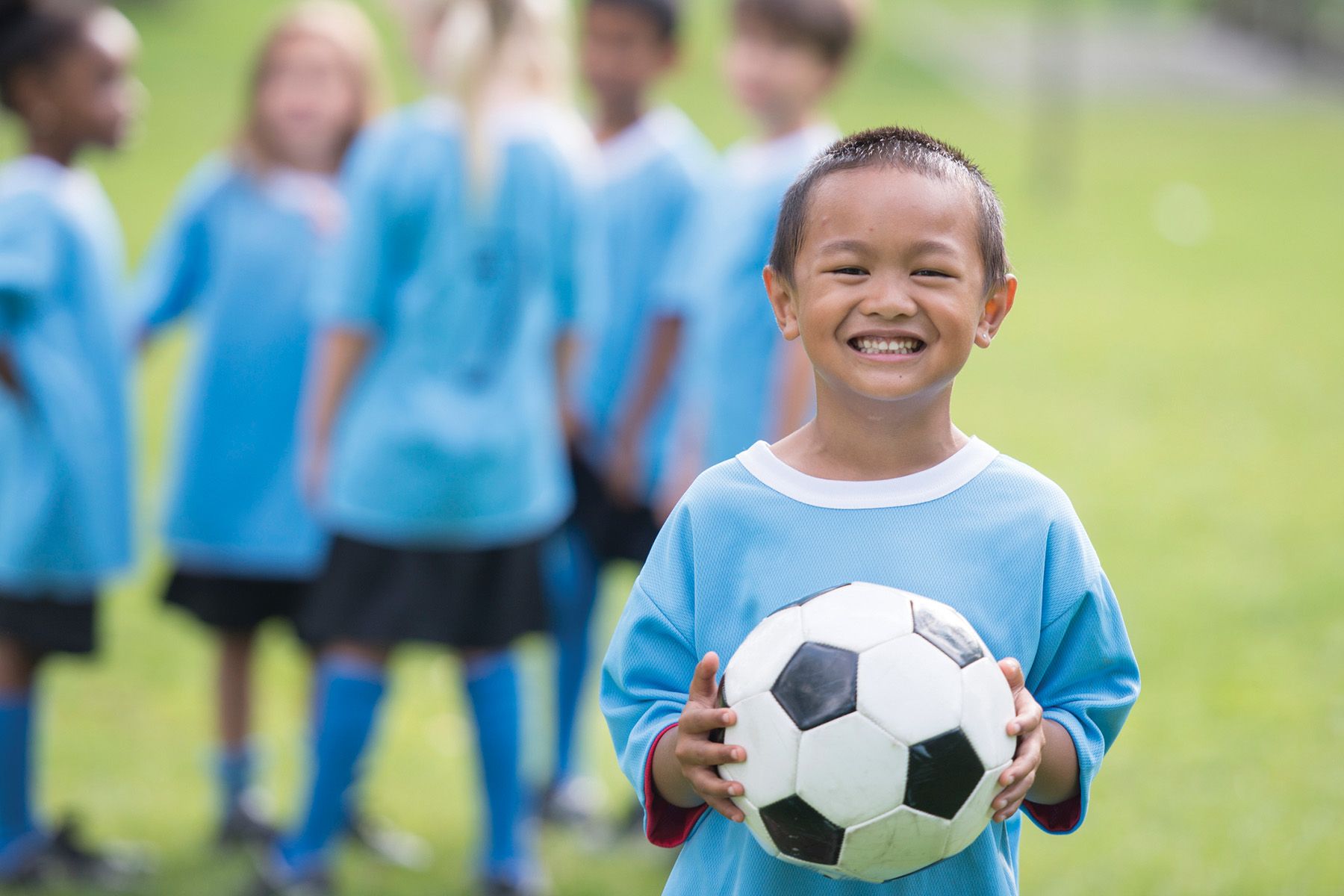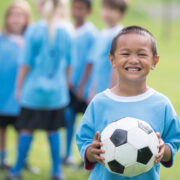
Whether it’s participating in a summer learning program, going to camp, or joining a new sports team, summer is an exciting time for children to learn, play, and grow through new experiences. However, if your child has not yet received their COVID-19 vaccine, they may not have the chance to enjoy this special time of year.
COVID-19 remains a public health concern and the long-term effects on children remain unknown. But, there is good news. Parents and caregivers can now get their children 6 months through 5 years of age vaccinated with the Pfizer-BioNTech or Moderna vaccines to better protect them from COVID-19. All children, including children who have already had COVID-19, should get vaccinated.
Don’t miss out on this opportunity to get your child summer ready. COVID-19 vaccines are safe. They have undergone—and will continue to undergo—the most intensive safety monitoring in U.S. history. Distribution of pediatric vaccinations for these younger children has started across the country, and will be available at thousands of pediatric practices, pharmacies, Federally Qualified Health Centers, local health departments, clinics, and other locations this week.
Here are some simple steps parents can take to ensure that their children are safe this summer, especially as they participate in programs with other kids:
Get your child vaccinated. Vaccination is the best defense against severe illness. Children 5 years or younger can be vaccinated with whichever vaccine is available (either Moderna or Pfizer-BioNTech). Everyone 5 years or older should also get a COVID booster when eligible. Parents can reach out to their doctor, nurse, local pharmacy, or health department, or visit vaccines.gov to see where vaccines for children are available.
Practice general safety measures. Make sure your child knows about good handwashing techniques and maintain a supply of hand sanitizer containing at least 60% alcohol. As many young children have yet to receive a vaccine, they should continue to wear the most protective, best-fitting mask available for them.
Reduce the risk of spreading COVID-19. Keep your child home if they are exposed to COVID or show symptoms of illness. Before participating in any group activity, or if you suspect your child might be ill, get your child tested. In case of a positive test, follow the CDC’s quarantine and isolation guidance and notify the group, team, or program being attended by your child.
Keep your child home if they are exposed to COVID or show symptoms consistent with COVID. If your child has been in close contact with someone who has COVID, keep them home from their summer program for five days, get them tested, and take precautions (such as wearing a mask around others) until day 10. If your child has any of the following symptoms, you should keep them home, get them tested, and notify camp staff: fever or chills, cough, shortness of breath or difficulty breathing, fatigue, muscle or body aches, headache, new loss of taste or smell, sore throat, congestion or runny nose, nausea or vomiting, or diarrhea.
Take extra precautions if your child is at high risk for severe illness from COVID-19. Children with certain health issues—such as asthma, diabetes, obesity, and sickle cell disease—have a greater chance of getting very sick from COVID. Talk with your child’s health care provider to learn your options to help protect your child.
For more information on how COVID vaccines can make this the best summer yet for your family, visit vaccines.gov. (by We Can Do This COVID-19 Public Education Campaign)





